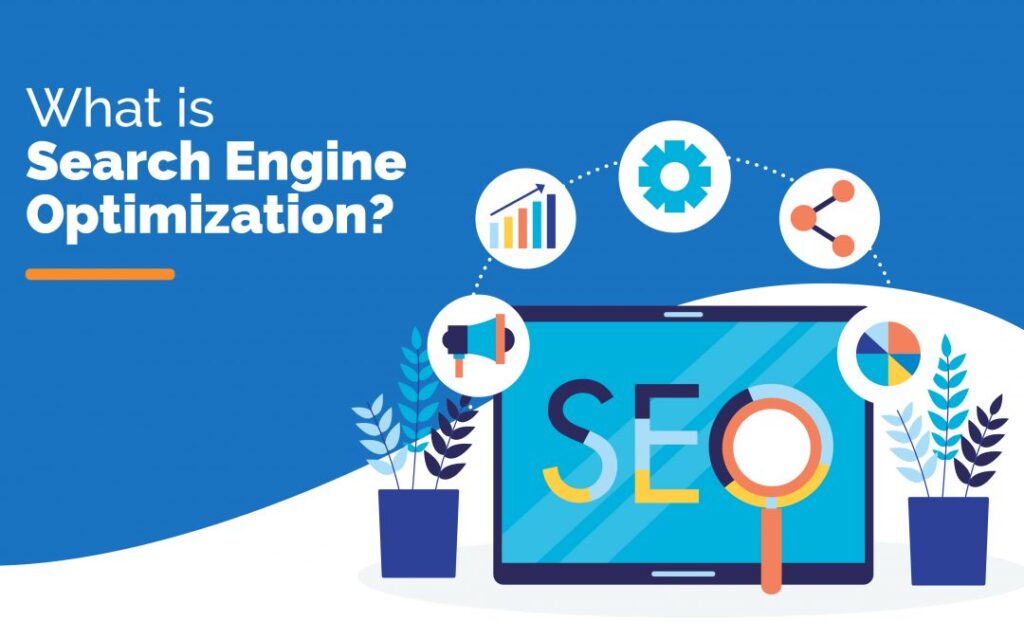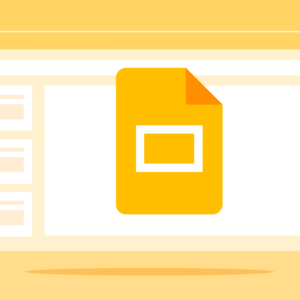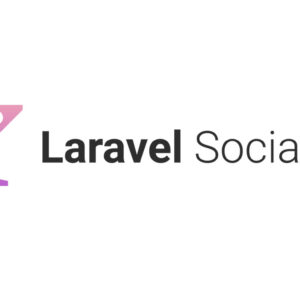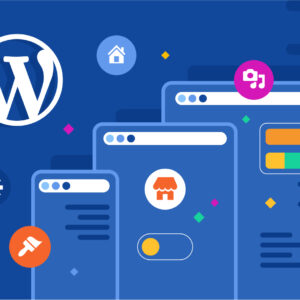
Why SEO Matters for Your Website
Search Engine Optimization (SEO) is a critical aspect of any website’s success. SEO helps search engines understand what your website is about and rank it accordingly. The higher your website’s ranking, the more visible it is to potential visitors. Therefore, it is essential to optimize your website for search engines. Here are ten easy tips for boosting your website’s SEO.
Tip 1: Use Relevant and Targeted Keywords
Keywords are the foundation of SEO. They are the words that people use to search for information on the internet. Therefore, it is critical to use relevant and targeted keywords throughout your website’s content. You can use tools like Google’s Keyword Planner to find and research the right keywords for your website.
Tip 2: Optimize Your Website’s Content
Your website’s content should be optimized for both search engines and users. Ensure your content is high-quality, informative, and relevant to your website’s niche. Use headings and subheadings to break up the text, and ensure your website’s pages have a clear structure. Remember to use keywords throughout the content while making sure that the text reads naturally.
Tip 3: Build High-Quality Backlinks
Backlinks are links from other websites that point to your website. High-quality backlinks from reputable websites can significantly improve your website’s SEO. You can build backlinks by creating compelling content that others will want to link to or by reaching out to other websites in your niche and asking for links.
Tip 4: Utilize Social Media for SEO
Social media platforms can help you drive traffic to your website, which can, in turn, improve your SEO. You can promote your website’s content on social media and engage with your followers to create brand awareness. Additionally, social media engagement can help you build backlinks as other websites might link to your social media accounts.
Tip 5: Improve Your Website’s Loading Speed
Website loading speed is an important factor in SEO. A slow website can lead to a higher bounce rate and lower rankings. You can improve your website’s loading speed by optimizing images, minifying HTML, and CSS files, and using a reliable hosting provider.
Tip 6: Ensure Your Website is Mobile-Friendly
Mobile devices have become the preferred devices for accessing the internet. Therefore, it is essential to ensure that your website is optimized for mobile devices. A mobile-friendly website will rank higher in mobile search results, leading to more traffic.
Tip 7: Use Title Tags and Meta Descriptions
Title tags and meta descriptions are HTML elements used to describe your website’s pages’ content. They appear on search results pages and can influence the click-through rates of your pages. Therefore, it is crucial to use relevant and engaging title tags and meta descriptions that accurately describe your pages’ content.
Tip 8: Keep Your Website’s Design Simple and User-Friendly
A website’s design plays a crucial role in its success. A simple and user-friendly design can improve your website’s SEO and user experience. Ensure your website is easy to navigate, use clear headings, and make use of white space to make your content easier to read.
Tip 9: Monitor and Analyze Your Website’s SEO Performance
To improve your website’s SEO, you need to track its performance continually. Use tools like Google Analytics to monitor your website’s traffic, bounce rate, and other key metrics. This will help you identify areas that need improvement and make data-driven decisions to improve your website’s SEO.
Take Action to Boost Your Website’s SEO
SEO is an ongoing process that requires consistent effort and attention. Implementing these ten easy tips can help you improve your website’s SEO and attract more visitors. Remember to focus on creating high-quality content, optimizing for keywords, and building high-quality backlinks. With time and effort, your website can rank higher in search engine results, leading to increased traffic and conversions.
Table of Contents











